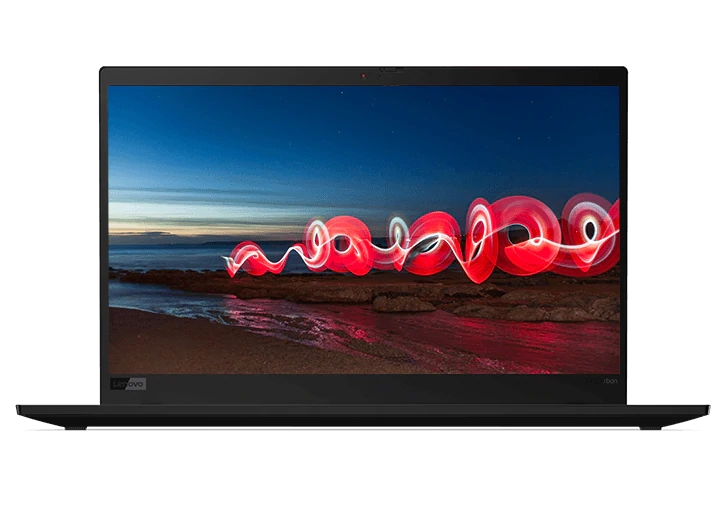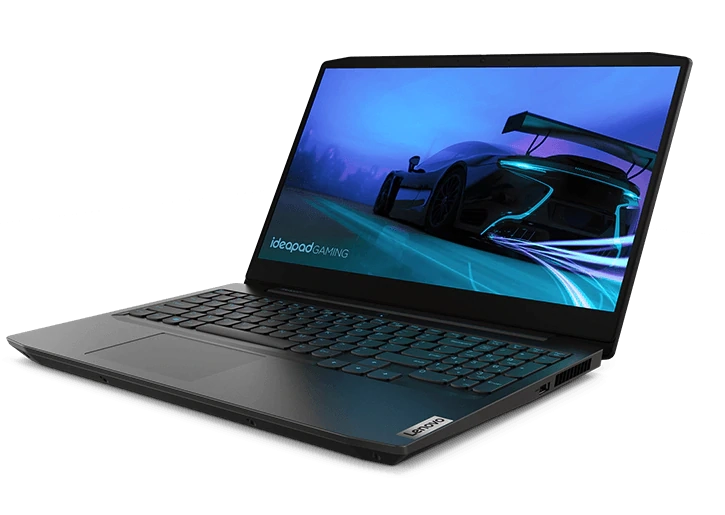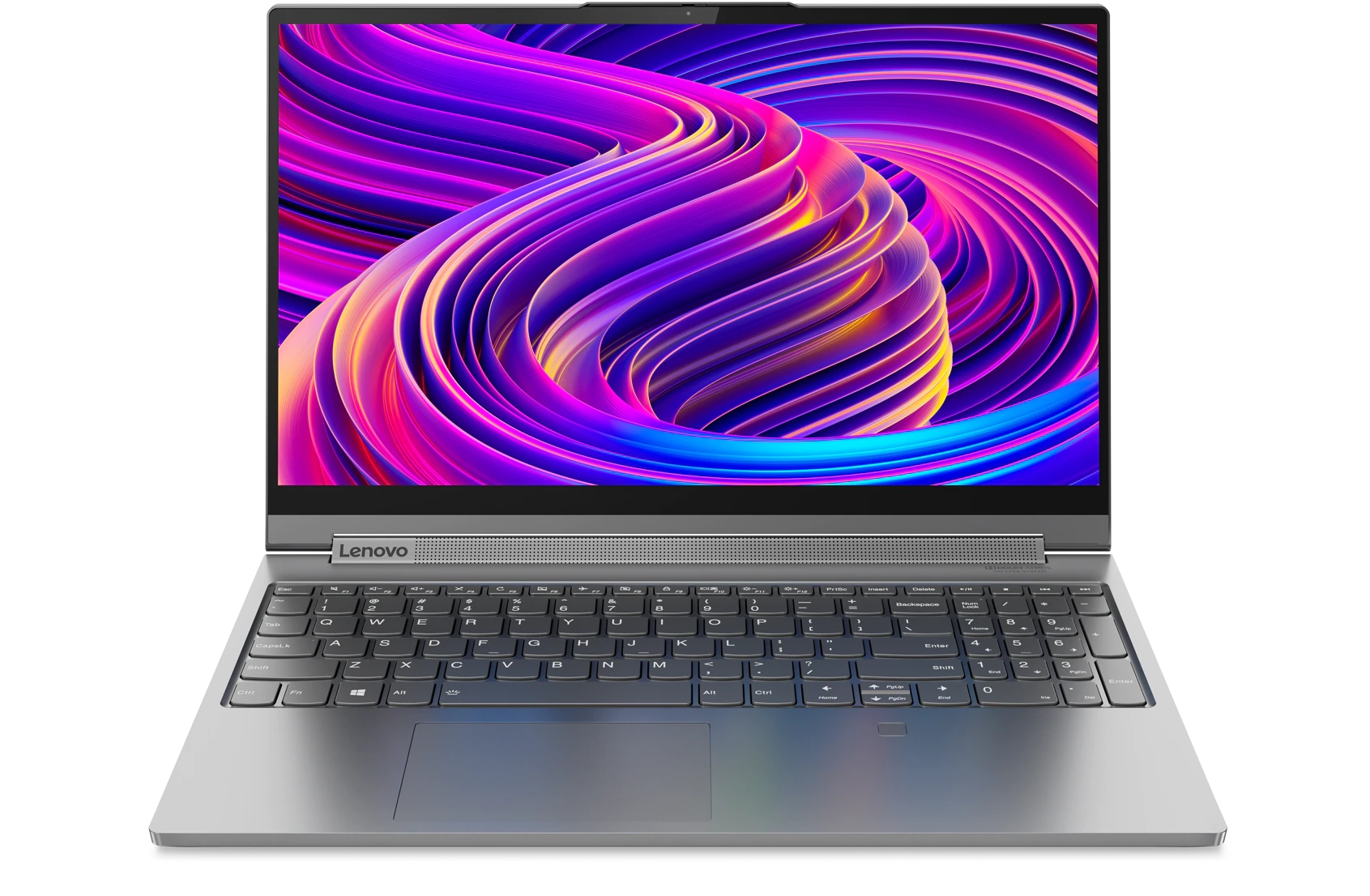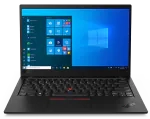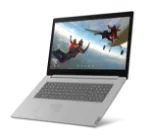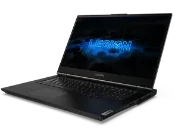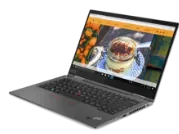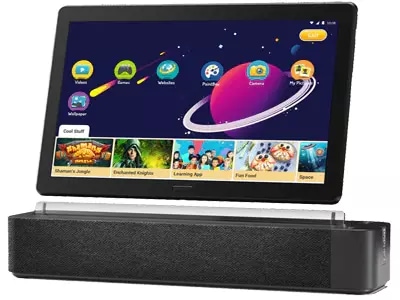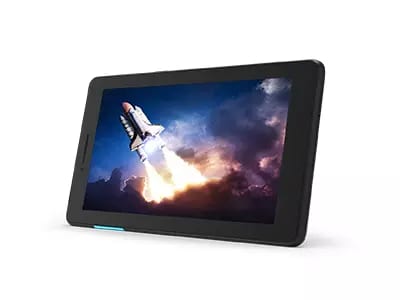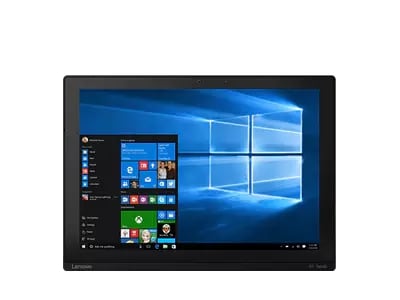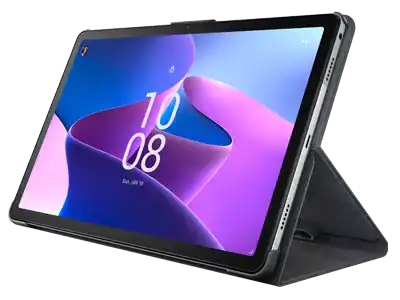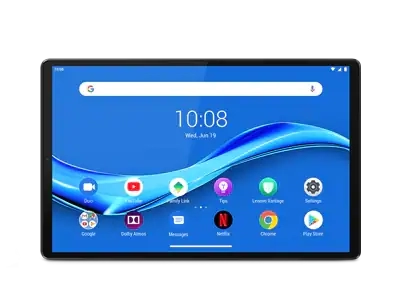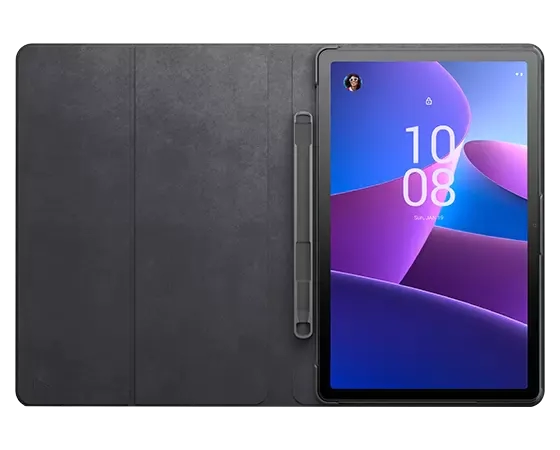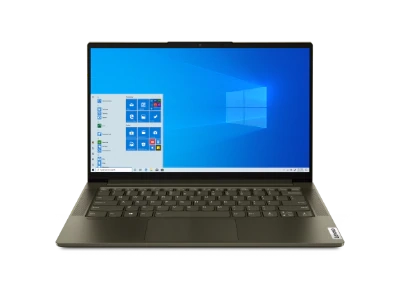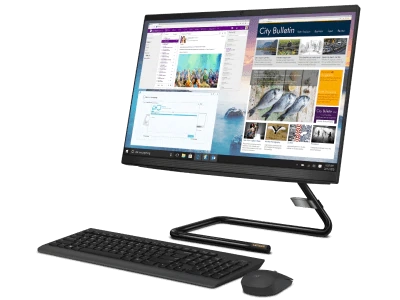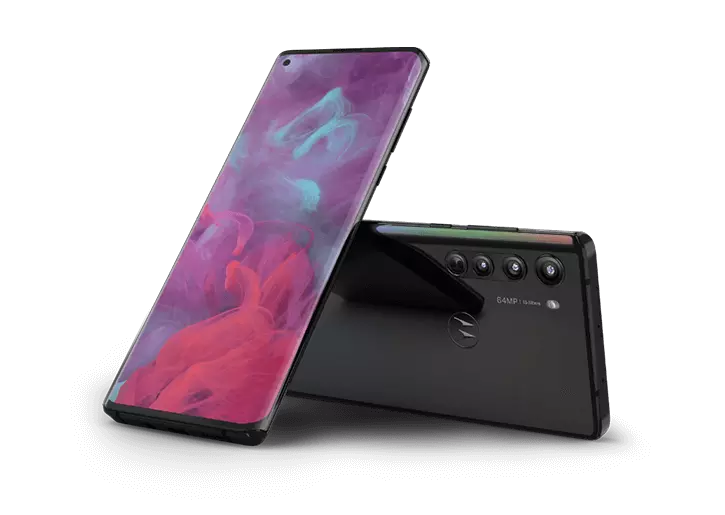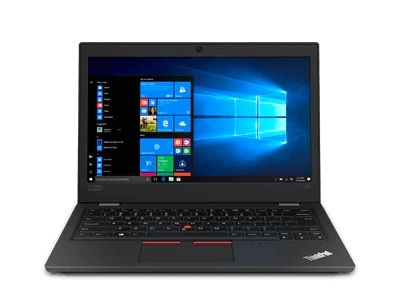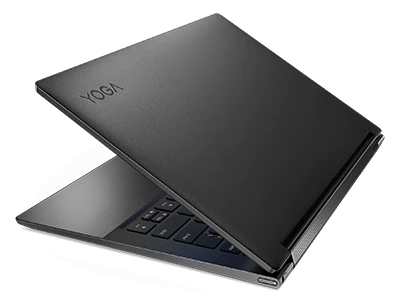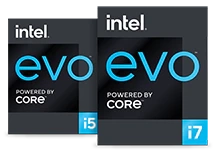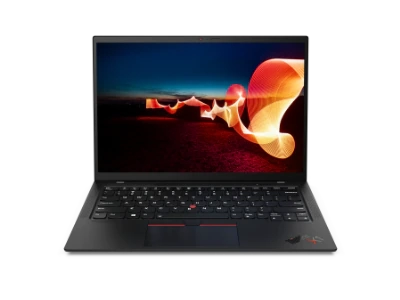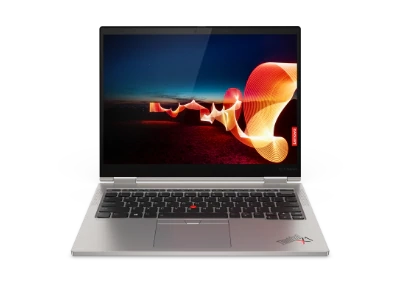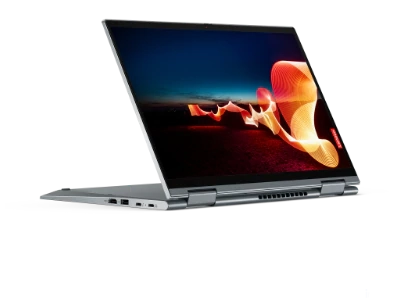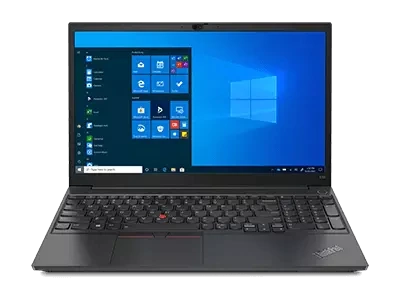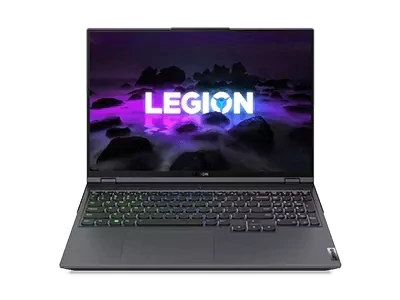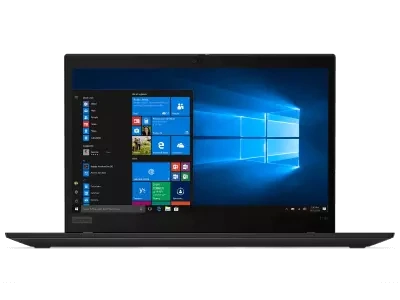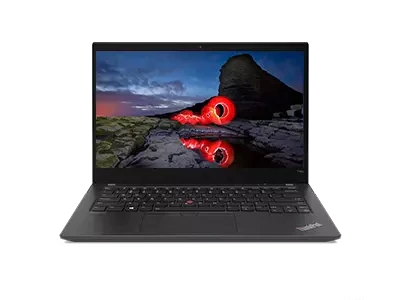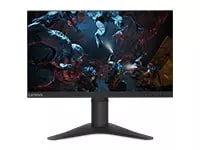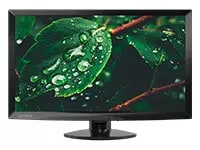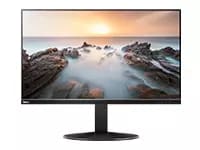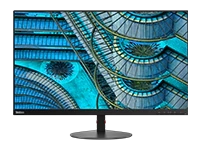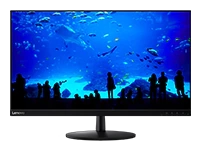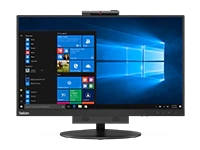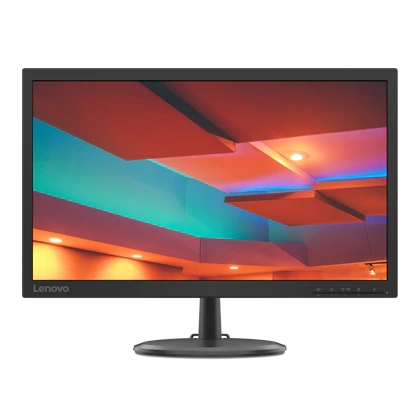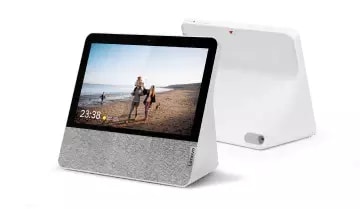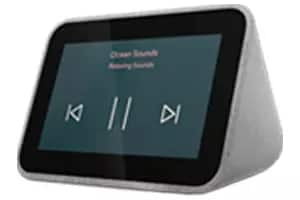Best Laptop for Coding
From video games to STEM projects, coding (or computer programming) is everywhere, and it’s only getting more popular. What’s fantastic about coding is that anyone can learn how to do it, and you don’t need an expensive laptop for it – just the right laptop.
As a coder, there are crucial features you must have in a computer – and failure to consider these factors will likely result in overheating, lagging, and eye strain.
To help you find your perfect match, we’ve created a guide to the best laptop for coding. Here, we’ll detail the best laptops for coding, what factors to consider, and what coders need in a laptop.
The Best Laptop for Processing Speed
As a coder, you need uninterrupted workflow, and for that, you need the best processor (CPU). The CPU (central processing unit) is a chip on the motherboard that powers the laptop. The best CPUs have multiple cores with multiple threads, 3.0 GHz or more of computing power, and, at the very least, 8 GB of RAM.
You’re probably very familiar with RAM, but we’ll cover it quickly for those that aren’t: programs that you install on your computer use up RAM and need a certain amount of disk space to operate efficiently. With all the heavy programs, most professional coders prefer at least 16-32 GB of RAM to ensure tasks run smoothly.
The Best Laptop for Coding Anywhere
Coders like to be on-the-go, so a long lasting battery is a must have. The average laptop battery life is can be from 1-5 hours but can last much longer. The best coders don’t settle for anything less than a 7-hour battery life, and many coders search for a workstation in the 8-10+ hour range.
Lenovo’s ThinkPad P Series Mobile Workstations have up to an impressive 16-hour battery life and are a growing favorite of coders on-the-go.
The Best Laptop with Clickety Clack
The keyboard is probably the most overlooked feature in all workstations, but for those who spend 90% of their time typing (we’re looking at you, coders, writers, and accountants), it’s a huge deal. The best coding laptops have a 10-key numeric pad and have keys that are easy to strike (but not too easy).
The Best Laptop for Ports Galore
As a coder, you are going to have a lot of things to plug in. You need to make sure your ideal coding laptop has all the ports you need for the tools (and toys) of your trade. It is vital to have the ports for accessories such as a wireless mouse and headset, plus additional ports for the occasionally used plug-ins.
The best laptop for coders has all the basic ports, plus the extras you’ll need for coding, with ports to spare.
A Sight for Sore Eyes
As someone who builds websites and apps, a coder needs a lot of screen room (screen real estate) to open multiple windows side-by-side. Most expert coders recommend a full HD 15” + screen to increase workspace and avoid eye strain.
With the latest technology, it’s not necessary to use a dedicated GPU (graphics processing unit), which is independent from the processor, unless you’re working with hardcore graphics like video games or video programming. The newest integrated GPUs, which are powered by the processor, are more than capable of handling heavy workloads and producing high-quality graphics.
SSD or HDR Storage?
Having massive amounts of local storage isn’t as important as before because you can save your files on the internet, however, you still need a primary storage drive. Most experts recommend an SSD (solid-state drive) over an HDD drive, as it is faster, lighter, and more efficient.
The recommended minimum is 256 GB. Depending on your coding projects, you may not need more storage than that (refer to the section above about storing files on the internet, AKA the cloud). With multiple storage and memory options, The Lenovo ThinkPad P Series mobile workstation is a perfect for coders with lots of programs and loads of data.
Factors to Consider
If you’re a coder, you need to consider few critical features before buying a laptop.
Processor – The CPU (central processing unit) is a chip on the laptop’s motherboard. The best processors have multiple cores and provide more than 2.4 GHz of computing power (or clock speed). Coders need a workstation with the best processors to ensure seamless workflow.
RAM – Cloud storage makes RAM a little less important, but programs still rely on RAM for memory, so it’s important to have enough to support your compute-intense programs. The available RAM storage options are 4 GB, which is the bare minimum, 8 GB which is standard, and an option to add on. The recommended minimum for coders is 8 GB, 16 GB if you plan on installing a lot of demanding programs.
Storage – The best laptop for coding uses SSD (solid state drive) as the primary storage, as traditional spinning hard disk drives are heavier and have a slower boot-up speed. The recommended minimum for coders (and anyone really) is 256 GB.
Display – Coders need a large workspace to avoid eyestrain and view multiple windows at once. Experts recommend a full HD 15” + screen to increase screen real estate and streamline multitasking.
Graphics – It’s not necessary for coders to use a dedicated graphics card. Today’s processors have integrated GPUs that are more than able to handle hardcore graphics. As long as you’re not dealing with videography or anything of the like, you should be fine with the latest version of an integrated GPU.
Plenty of accessory ports – The best laptops (no matter who they’re for) have enough ports to accommodate your accessories. As a coder, you’re bound to have multiple tablets, monitors, headsets, and other smart devices constantly in use. Always check to make sure the laptop you’re getting has the inputs you need before you buy, because it is a pain to always need extenders.
Wireless/Wi-Fi – No question about it: as a coder, you need the best Wi-Fi. Make sure to get at least the new IEEE standard: 802.11ac (5 GHz, up to 1300 Mbps), which is almost three times the previous standard (802.11n, up to 450 Mbps).
Long-lasting battery – Coders like to be mobile – that’s probably one of the reasons you’re considering a laptop. If the one you’re looking at doesn’t have at least 7 hours of battery life, find a different one. You might as well buy a desktop if you have to charge your laptop every 3 hours.
Lightweight but sturdy – You likely travel with your workstation frequently, so you need it to be light, but still built like a tank. We don’t think you should settle for anything less. Make sure your new workstation can handle its fair share of accidents.
Webcam (and microphone) – Webcams are essential for any laptop post-pandemic. Online meetings, appointments, and consultations all require a high-definition webcam that provides a clear, crisp video. A good microphone is bonus, but most computer professionals like to use headsets to prevent feedback.
What Do Coders Need in a Laptop?
Basically, there are a few vital features coders need in a laptop, and we’ve made a handy list for you.
The best laptop for coding has everything you need for cohesive workflow on-the-go:
- CPUs with multiple cores and threads that can effortlessly run the most hardcore programs
- Lightning-fast wi-fi to upload files - 802.11ac (5 GHz, up to 1300 Mbps), is the new IEEE standard, which is almost three times the previous standard
- High-resolution 15” + display to streamline multitasking and prevent eye strain
- Lightweight yet durable to withstand inevitable accidents during travel
- Plenty of accessory ports
- Long-lasting battery of at least 7 hours
- Ergonomic keyboard with 10-key numeric keypad
- Webcam for online meetings and consultations
The world relies on coders. They need the right tools to design, create, and test the websites, programs, and applications we use every day.
So, we made them one.
With a formidable processor, chunky RAM, and military-grade durability, a ThinkPad P Series Mobile Workstation is perfect for coders.


Limits: Orders limited to 5 computers per customer. For larger quantities, go to the “Where to Buy” section of the website for details of resellers and retailers of Lenovo products
Offerings and Availability: All offers subject to availability. Offers, prices, specifications and availability may change without notice. Product offerings and specifications advertised on this website may be changed at any time and without notice. Models pictured are for illustration purposes only. Lenovo is not responsible for photographic or typographic errors..
PCs shown here are shipped with an operating system.
Prices: Web prices advertised include VAT. Prices and offers in the cart are subject to change until the order is submitted. *Pricing - savings referenced off regular Lenovo web prices. Reseller prices may differ from those advertised here.
**Battery: These systems do not support batteries that are not genuine Lenovo-made or authorised. Systems will continue to boot, but may not charge unauthorised batteries. Lenovo has no responsibility for the performance or safety of unauthorised batteries, and provides no warranties for failures or damage arising out of their use. **Battery life is based on the MobileMark® 2014 methodology and is an estimated maximum. Actual battery life may vary based on many factors, including screen brightness, active applications, features, power management settings, battery age and conditioning, and other customer preferences.
Finance is provided by Duologi. Duologi is the trading name of Specialist Lending Ltd.
General: Review key information provided by Microsoft® that may apply to your system purchase, including details on Windows 10, Windows 8, Windows 7, and potential upgrades/downgrades. Lenovo makes no representation or warranty regarding third-party products or services.
Trademarks: Lenovo, ThinkPad, IdeaPad, ThinkCentre, ThinkStation and the Lenovo logo are trademarks of Lenovo. Microsoft, Windows, Windows NT, and the Windows logo are trademarks of Microsoft Corporation. Ultrabook, Celeron, Celeron Inside, Core Inside, Intel, Intel Logo, Intel Atom, Intel Atom Inside, Intel Core, Intel Inside, Intel Inside Logo, Intel vPro, Itanium, Itanium Inside, Pentium, Pentium Inside, vPro Inside, Xeon, Xeon Phi, Xeon Inside, and Intel Optane are trademarks of Intel Corporation or its subsidiaries in the U.S. and/or other countries.© 2023 Advanced Micro Devices, Inc. All rights reserved. AMD, the AMD Arrow logo, Athlon, EPYC, FreeSync, Ryzen, Radeon, Threadripper and combinations thereof are trademarks of Advanced Micro Devices, Inc. Other company, product or service names may be trademarks or service marks of others.
